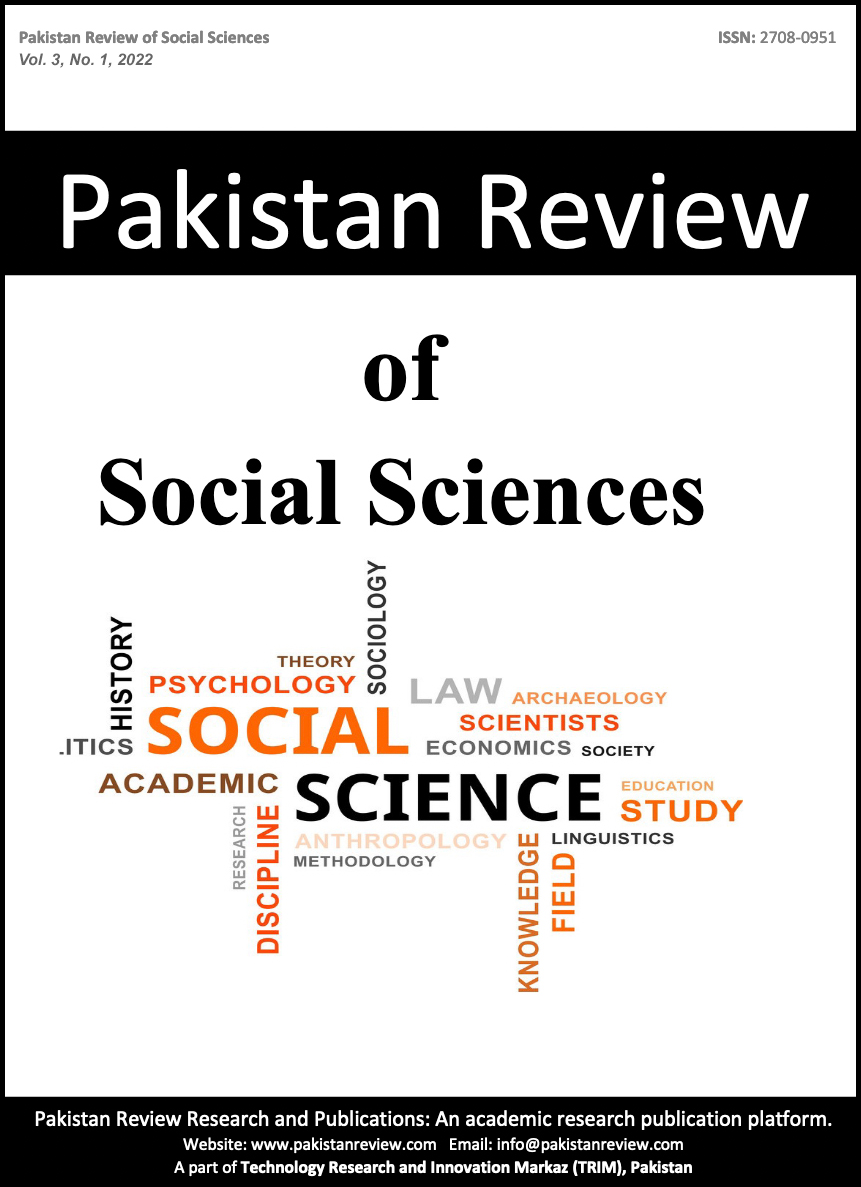PEDAGOGICAL SOLUTIONS FOR PROBLEMS FACING TRANSLATION PROCESS
Keywords:
Error analysis, Learning-centered Syllabus, Translation pedagogyAbstract
To improve the quality and outcomes of translation courses at the university level, the instructors are required to integrate learners' needs, identified with the help of a needs survey, into syllabus content. Based on a systematic needs-based syllabus design, of course, the students can be equipped with sufficient skills to face the challenges of the world of translation. In order to structure such a syllabus, first the problems experienced by the students need to be identified and their exact nature needs to be determined. Once a problem has been identified, selecting and teaching the best strategies to deal with it would follow. The present study, as a result, was conducted to hit two targets. First, it aimed at identifying the Iranian translation students' difficulties in translating English texts into Persian through analyzing the errors committed in their exam papers. Second, the research intended to investigate the experiences of the educators engaged in teaching translation to the Iranian university students to offer a set of guidelines to solve the problems through suggested learning and teaching activities in translation classes. These aims were accomplished through two phases. First, the students' errors were traced in their exam papers during six semesters (2016-2019) and were mainly categorized into syntactic, lexical, cultural, stylistic and miscellaneous errors, each of which was further divided into subdivisions. Second, by conducting in-depth interviews, the suggestions of some of the experienced faculty members of the Iranian universities involved in teaching translation to solve the problems were extracted and synthesized. The discussions centered around applying the constructivist approach to teaching translation, which the interviewees believed can provide opportunities for translation students to play an active role in their own learning by integrating and activating corresponding knowledge, skills and attributes specifically in the form of group work in translation classes.
Downloads
Published
Issue
Section
License
Copyright (c) 2025 Kian Pishkar, Nooshin Nasery, Taif Abdulhussein Dakhil

This work is licensed under a Creative Commons Attribution 4.0 International License.
Submission declaration
Authors retain the copyright to their work and grant the Pakistan Review of Social Sciences (PRSS) the right of first publication under a Creative Commons Attribution 4.0 International (CC BY 4.0) license. This license allows others to share, adapt, and reuse the work for any purpose, including commercial use, as long as appropriate credit is given to the original authors and the journal.
By submitting a manuscript, authors confirm that the work has not been published previously (except as an abstract, lecture, or academic thesis), is not under review elsewhere, and has been approved by all authors and relevant authorities. Once accepted, the article will be openly accessible under the CC BY 4.0 license, ensuring wide dissemination and reuse with proper attribution.






